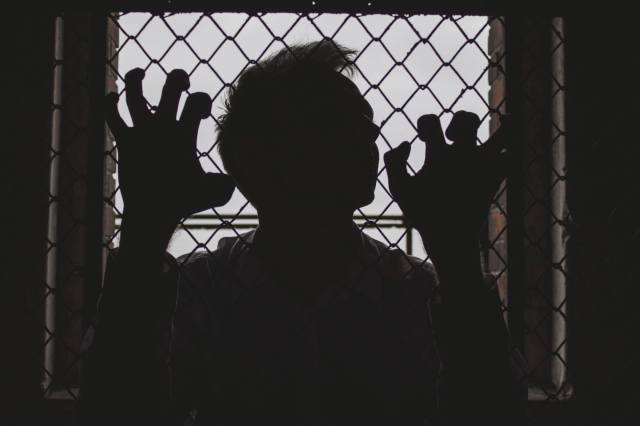
Some years ago a friend introduced me to a marvellous idea: if someone gives you a thumping great modern novel to read and you don’t quite feel up to it, read a classic you haven’t got around to instead.
Of course, to confess to a classic you have not read risks opening you up to scorn and ridicule. Which is why most people say that they have “re-read” a book, even if they have in fact just read it for the first time. But people should be honest about what they don’t know. Though even this, like everything, has limits.
In David Lodge’s 1975 novel, Changing Places, a group of academics play the game of admitting to the great literary work they’ve never read. There are obvious ones that aren’t too embarrassing. Everyone thinks they’ve read Oliver Twist but, in fact, someone admitting they’ve only seen the adaptations is a great relief all round. One of Lodge’s characters goes too far, though, and amid the thrill of confession he, a professor of literature, admits that he has never read Hamlet. After which he loses his job.
Anyway, earlier this year, when I was given a thumping great modern novel, the rewards of which did not strike me as obviously being worth the journey, I decided to read Dostoyevsky instead. I’d read some of the other works. But to my shame, I had never read Crime and Punishment. So I cast aside the modern novel and delved into one of my biggest reading gaps.
Crime and Punishment is not a chore, and it is most certainly worth the journey. From the start, I couldn’t put it down. Then after the first 100 pages, or so, I had to. Not least because I was starting to feel like I had committed the crime myself. Dostoyevsky’s description of the lead up to the terrible act, with Raskolnikov feeling drawn towards his crime as someone whose clothing has got caught up in a machine, tugs the reader in with it. The crime itself is described with such vivid horror that you might be forgiven for sweating through it – as I did.
One thing in particular struck me, and worried me, when I finally put the novel down. As those who have read – or “re-read” the novel – will know, the story is ultimately one of redemption. In all the years that I have known about it but not read it, and right up to cracking open the spine of the novel itself this year, I had expected the story of Crime and Punishment to be far worse than it is.
As Raskolnikov’s mother and sister arrive in St Petersburg, I was imagining the depths of suffering, violence and devastation that would eventually be brought down on them. I was picturing the same with the one woman who – not to give the tale away – seems able to save Raskolnikov as well as the prison to which he goes. But all of this, and much more besides, seemed almost tame in the reading, compared with the horrors of bleakness I was expecting Dostoyevsky to perform.
And then it struck me that my expectation wasn’t because I have an unusually dark view of the world. It is because after the horrors of the 20th century, we all do. When we think of a prison or a camp in Russia, we don’t conjure the bleak workplace of the Tsars. We think of the horrors of the Gulag. When we imagine terrible vengeance being wreaked on people, we think of their entire family being decimated. They do not suffer: they are annihilated. And it all happens without justification or meaning and without the slightest chance of any redemption.
This – at any rate it seems to me – is one of the lessons that almost everybody has taken from the century between Dostoyevsky’s and our own. And that made me wonder not just about Dostoyevsky’s world, and the lessons which it might impart, but of the lessons we have absorbed from our own time and cannot shrug off.
So I would say, read Dostoyevsky not to fill a gap in your reading knowledge or to win a competition among peers, but for an understanding of Dostoyevsky’s own time, and ours, and of some hopes that would appear to be timeless.










Join the discussion
Join like minded readers that support our journalism by becoming a paid subscriber
To join the discussion in the comments, become a paid subscriber.
Join like minded readers that support our journalism, read unlimited articles and enjoy other subscriber-only benefits.
Subscribe